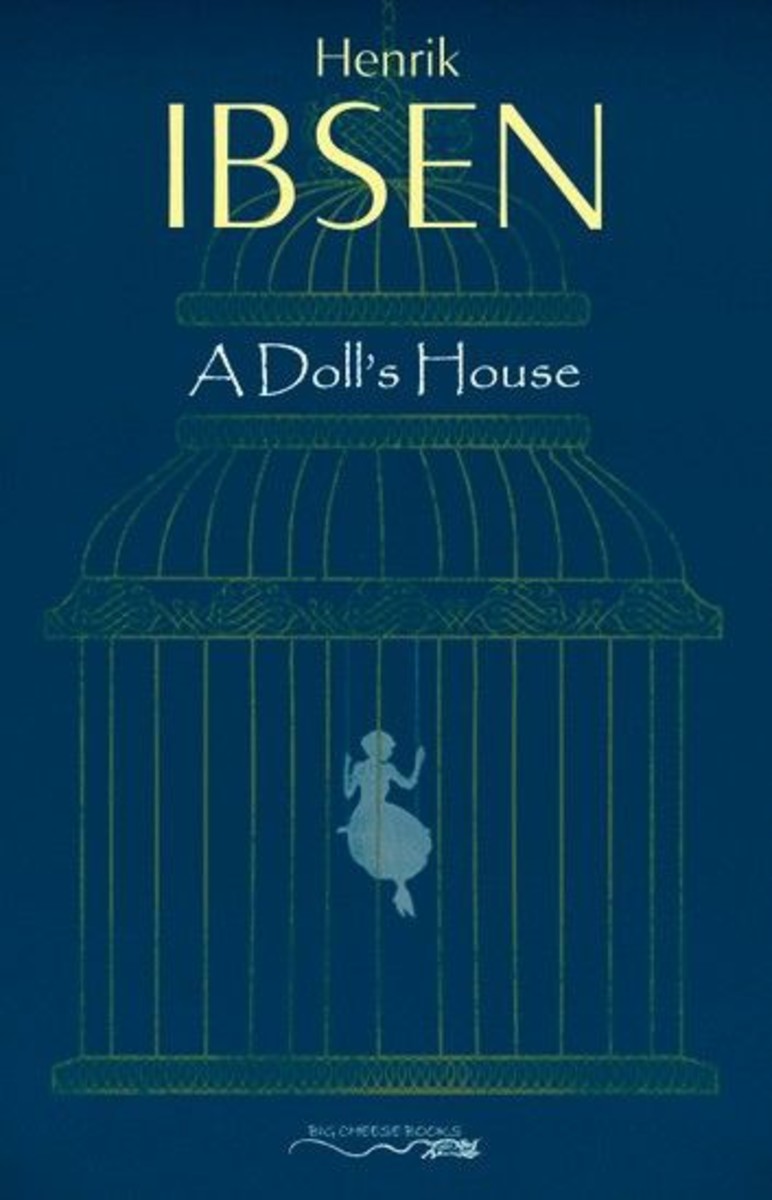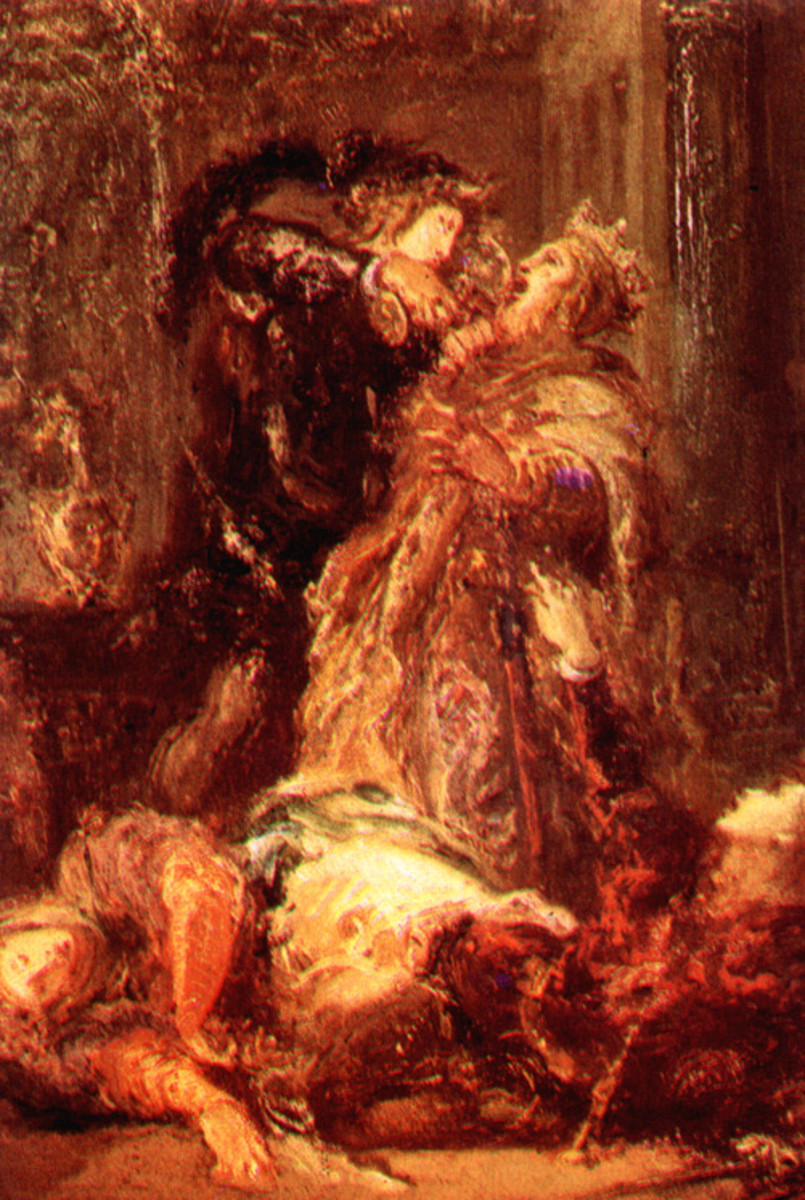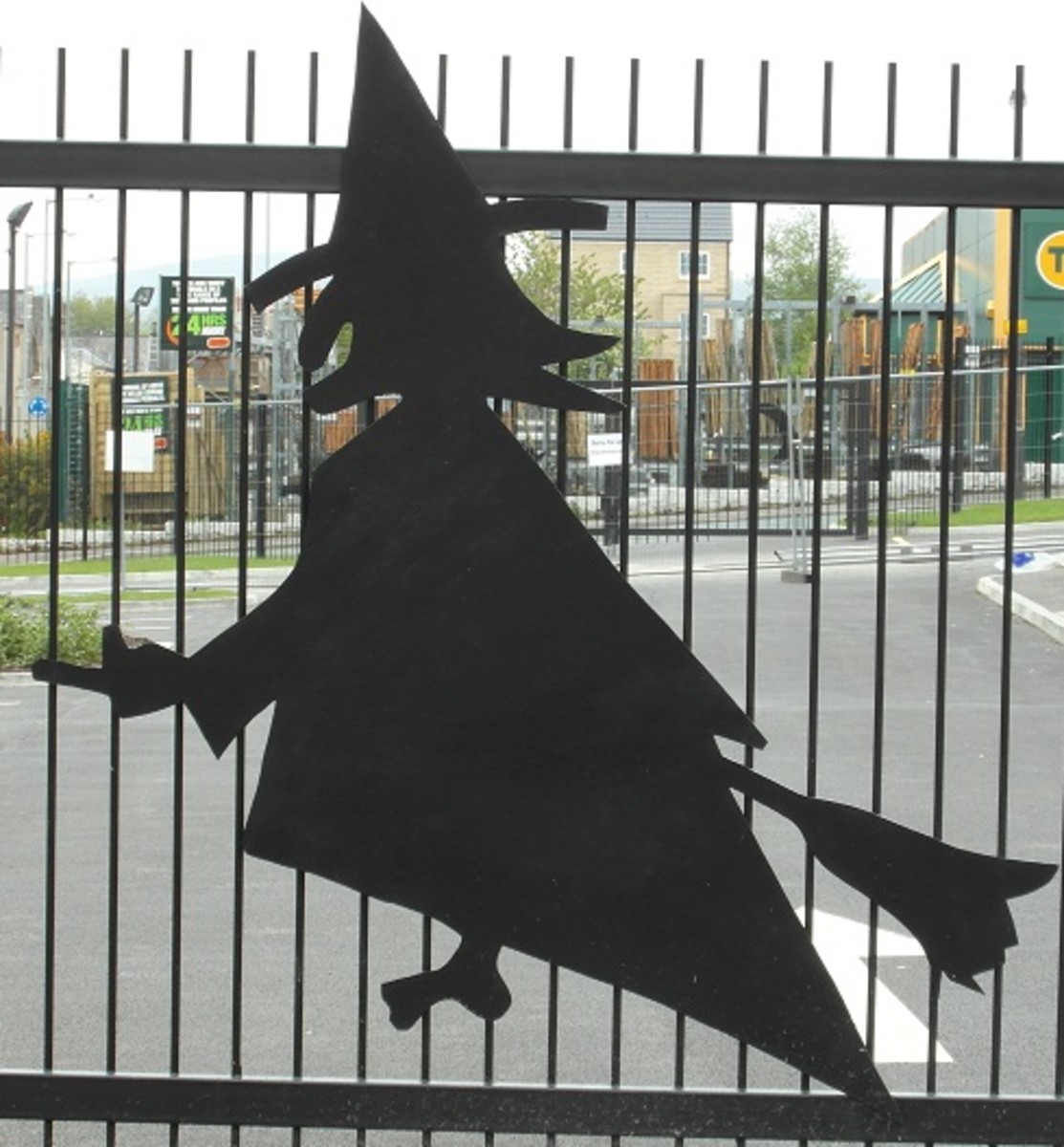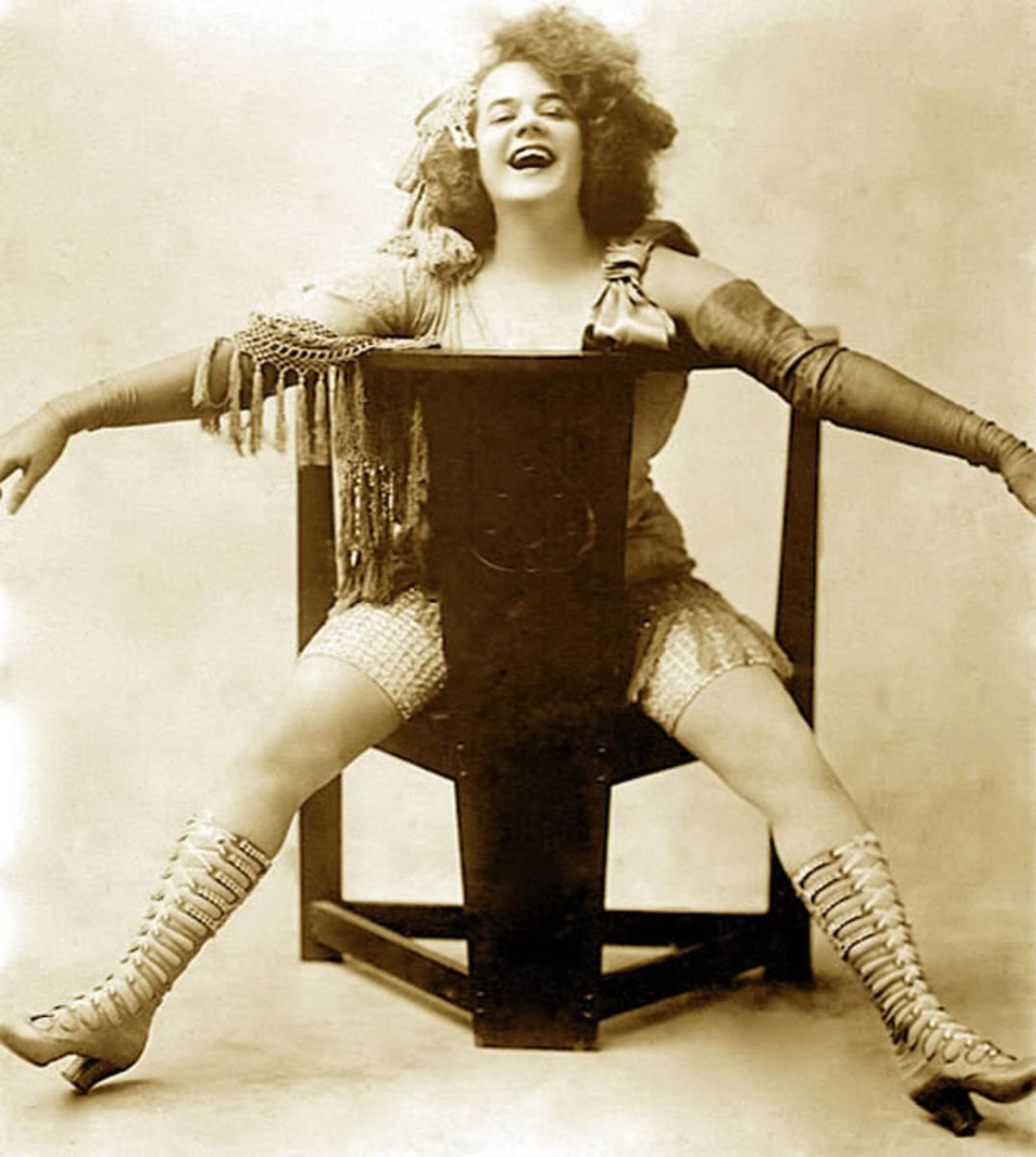Plays by Henrik Ibsen: Hedda Gabler
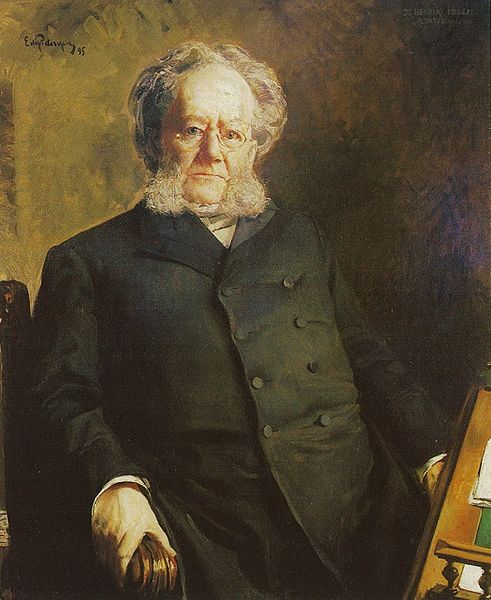
Who is Henrik Ibsen?
Henrik Ibsen, who is sometimes referred to as 'the father of modern theatre' was born in 1828, into an affluent Norwegian family. By the time he was seven years old, his family had run into financial difficulties and his father was forced to sell off much of the property that his mother had brought to the marriage. Ibsen later campaigned for the rights of married women to retain their property and earn an income, probably as a result of his father selling off property which his mother had legally owned before their marriage. The role of women and their inequitable treatment in Victorian society is a recurring theme in Ibsen's work.
Ibsen's early plays received little attention. The critical recognition and financial success he sought first came about in 1865 with the production of the play, Brand, about a priest who sacrifices everything for his ideal of 'all or nothing'. The first of Ibsen's plays to break into the English-speaking world was A Doll's House, written in 1879. It focused on the problems that women faced in male-dominant society and caused wide-spread debate in European society. Other major works by Ibsen, who died in 1906, include Peer Gynt (1876), An Enemy of the People (1882) and Ghosts (1881).
The influence of Ibsen can be seen in the works of other famous playwrights including George Bernard Shaw, Eugene O'Neill and Arthur Miller.
This article gives a brief introduction to Hedda Gabler (1890) which centres on the life of the eponymous heroine and the consequences of her frustrated desires to break free from the restrictions of middle-class society.
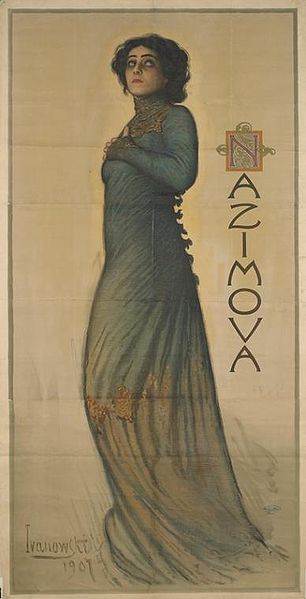
Characters in Hedda Gabler
Hedda Tesman - the central character of the story who is referred to in the title and during the course of the play by her maiden name, Gabler. Her father is the late General Gabler and she is very much his daughter. Hedda has a strong desire to control the people around her and she strives for a freedom not afforded her by the middle class society of her day.
Jorgen Tesman - Hedda's husband. Tesman is an academic who has very little in common with his wife. He sees his wife as something of a prize and is pleased to think that other men envy him because he has married her.
Mrs Juliane Tesman - Jorgen Tesman's aunt, who has had a strong influence over him.
Mrs Thea Elvstead - an old schoolfriend of Hedda and now the companion of Ejlert Lovborg. She appears to be intimidated by Hedda but is actually a fairly strong woman, having chosen to leave the security of marriage to be with Lovborg and to support him in his work.
Mr Brack - an acquaintance of the Gablers. When he spots his advantage, he tries to blackmail Hedda into a sexual relationship.
Ejlert Lovborg - a writer of whose talents Tesman is envious. He is also a former lover of Hedda and the reason for Thea leaving her husband. Brilliant but flawed, he is a recovering alcoholic who allows himself to be manipulated by Hedda.
Berte - the Tesman's maid. She was responsible for raising Jorgen Tesman. Her presence is an annoyance to Hedda.
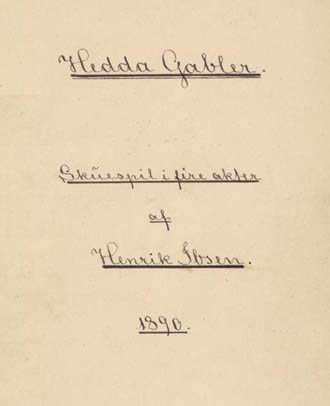
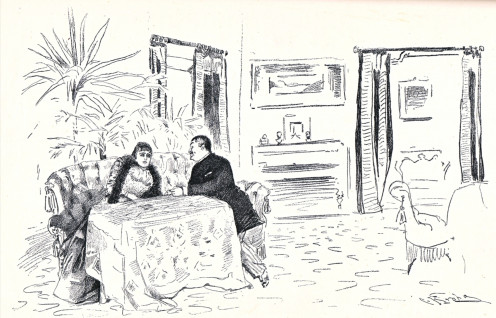
Summary of Hedda Gabler
As the play opens, Hedda has just returned from her honeymoon with Jorgen Tesman. It is clear that she does not love him and that she chose to marry him simply because she had become bored of single life. There are hints that she may be pregnant, but she gives no indication of wanting to be a mother and it is shown throughout the play that this a role to which she would not be suited. To alleviate her frustrations over the restrictions of her situation, Hedda has taken to randomly firing off the pistols her father left to her.
When Thea Elvstead, arrives on the scene, Hedda's capacity for cruelty and manipulation come to the fore. Thea has left her husband in order to be with Ejlert Lovborg, a talented but unstable writer. Under Thea's guidance, Lovborg has completed a new manuscript.
The opportunity for Hedda to act upon her desire to control the fate of those around her is presented by the arrival of Lovborg, with whom she had once had a romantic relationship. She manipulates recovering alcoholic Lovborg, into going to a party with her husband and their acquaintance, Mr Brack. During the course of the evening, Lovborg succumbs to drink and loses his precious manuscript. It is found by Tesman, who brings it home to Hedda.
When the distraught Lovborg comes to Hedda, she does not return the manuscript but gives him one of her father's pistols instead, encouraging him to commit suicide. She then burns the manuscript. When news of Lovborg's death arrives, Hedda, who had imagined his suicide would be some sort of beautiful passing, is horrified to learn that it was actually a messy, sordid end. Brack, knowing that the pistol with which Lovborg killed himself belongs to Hedda, tries to blackmail her into an affair. This is something she cannot live with because it would mean being trapped, at the mercy of another person. She goes into the next room and, to everyone's horror, shoots herself.
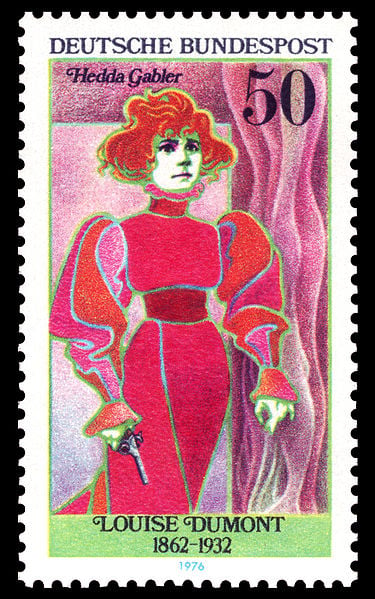
A Central Theme In Hedda Gabler
There are several themes which run through the play. One of the most important is The Role Of Women In Society. Much of the action of the play occurs because Hedda is trying to find a place for herself in the world. The play was written in the late 19th century when the role of a middle class woman was restricted by the wishes of her husband. Hedda has married Tesman after becoming bored with being single but she finds the role and the expectations of how she will behave suffocating. She longs for freedom to make her own decisions but has to content herself by looking for control by manipulating those around her. Hedda knows that there is more to life than marriage and motherhood, but she's not exactly sure what it is. Her frustration arises from the desire to find an alternative role for herself, but she is unsure how to break free as she is afraid of scandal. She uses her beauty to manipulate the men around her, but shies away from sexual involvement with them because she knows what it will do to her reputation.
When the play was first performed, Hedda was viewed in a negative light by many critics who regarded her as a monstrous woman trying to shatter the expectations of society. Modern critics are more likely to view her as a highly intelligent and capable woman who could have been great had it not been for the restrictions of Victorian society.
Pistols


Vine Leaves
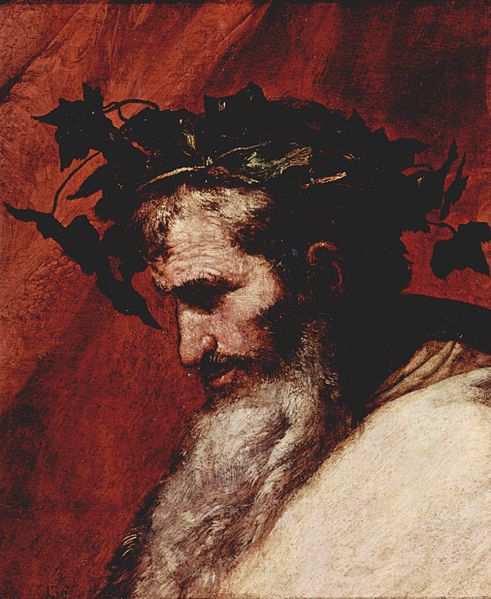
Symbolism in Hedda Gabler
The pistols - these symbolise aggression and pent-up frustrations. When Hedda fires them off, it is through the open windows and into the garden that she does so. This symbolises her yearning for freedom. Pistols also symbolise masculinity and Hedda's desire to have the relative freedom that men in her society possess. They are also a link to her father, signifying the strong bond they had and they are also emblematic of Hedda's destructive nature.
The portrait of General Gabler - this hangs in the room where much of the action of the play occurs. It is a symbol of Hedda's subconscious desire to dominate and highlights the importance of her relationship with her father, the influence he has had upon her life. It is interesting that Hedda is referred to by her maiden name at several points in the play and the title, Hedda Gabler, shows that she identifies herself more as her father's daughter than as a wife.
Lovborg's manuscript - the result of the collaboration between Thea and Lovborg, the manuscript represents achievement and the joint creation of something wonderful. Thea views it almost as a child and when Hedda burns it, her chilling words are 'Now I'm burning your child, Thea!' Hedda cannot control her own destiny but the burning of the manuscript is her attempt to control the fate of Thea and Lovborg, whose future she destroys.
Thea's hair - this is the focus of Hedda's jealousy. She has a desire to burn Thea's hair, just as she burns the manuscript. Thea's 'strikingly fair hair, almost whitish-yellow and unusually rich and wavy' is a symbol of her femininity. Hedda envies what she regards as Thea's superior womanly qualities, which have allowed her to gain some influence over Lovborg.
Vine leaves - this recurring image harks back to ancient Greek mythology and the god of wine, theatre and fertility - Dionysus. Hedda has a romanticised image of the alcoholic Lovborg and believes he has stepped outside of society's boundaries to live as he pleases. She imagines him committing suicide with vine leaves in his hair and foresees for him a beautiful death. When she learns the truth of his passing, she no longer believes in vine leaves and realises her romantic image was wrong.

